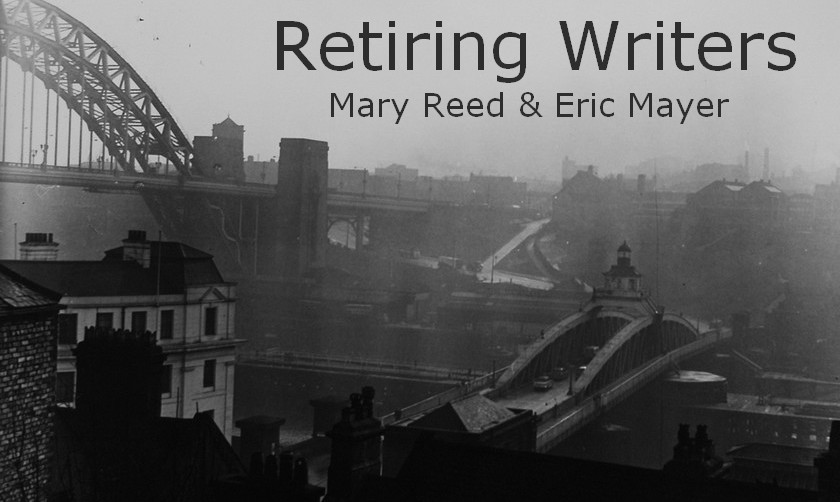The Albert Gate Mystery: Being Further Adventures of Reginald Brett, Barrister Detective begins with a locked, heavily guarded London mansion where more than one crime is committed in a single night, and then moves back and forth over the English Channel and around the Mediterranean.
Barrister Reginald Brett takes note of two items in the morning paper. The first reports an "affair of some magnitude" at a mansion in Albert Gate, London. Details are scanty so speculation is rife but what is known is that a party of high-ranking Turkish gentlemen, servants, and guards are living in the house under strict security. What's more, fourteen expert diamond-cutters have shown up from Amsterdam and are working there daily.
The previous night the Dutch visitors and the various Turkish attendants were detained at Scotland Yard, and Dr. Tennyson Coke, "the greatest living authority on toxicology", is among medical wallahs being consulted by the authorities.
What does it all mean?
Brett thinks it may well be connected to a brief note in the same paper reporting a close relative of the Turkish Sultan has it off to France in suspicious circumstances.
Brett has hardly started to connect the dots when the Earl of Fairholme shows up in an awful bate. It seems his fiancee, Edith Talbot, refuses to marry him until her brother Jack is located and cleared of wrongdoing. The Foreign Office put Jack in charge of arrangements for the Turkish visitors and their priceless gems and not only has Jack disappeared, so have the diamonds -- and four men have been murdered at the mansion, including the Turkish envoy, His Excellency Mehemet Ali Pasha.
And all this takes place before the end of the first chapter!
Brett agrees to take the case and goes to visit Edith Talbot, who tells him that due to the various precautions taken and certain structural alterations made before the Turkish gents arrived it was absolutely impossible for anyone to get into the house except through the front door and an entrance hall where a dozen policemen and an inspector stood guard.
Thus begins a merry chase that ultimately leads Brett and his companions across France and beyond.
My verdict: Fans of the impossible crime will find the explanation disappointing but Brett is an interesting character. He is an analytical detective of the Holmesian type but deduces information and future actions based upon observation and rumination rather than extensive knowledge of bicycle tracks or cigar ash. Because these feats occur only occasionally in the narrative readers will find them convincing. The Scotland Yard detective turns out not to be so dim-witted as usually thought, and Golden Age of Detection fans will not be surprised at the thorough thrashing administered to a man instrumental in casting mud on the reputation of Edith's brother. One piece of justice meted out towards the close is so fitting that despite possible moral outrage on the part of some readers, bearing in mind the character's attitude (valiantly trying to avoid spoilers) I suspect most of them will laugh out loud....



